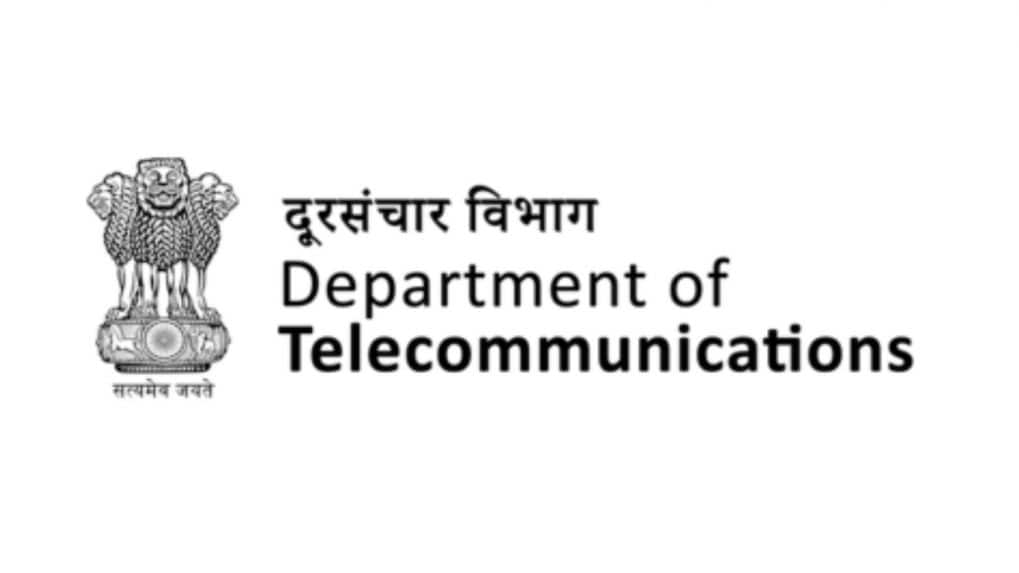Centre extends deadline for feedback on draft telecom authorisation rules till October 21
Stakeholders get more time to submit comments on the draft Telecommunications (Authorisation for Provision of Main Telecommunication Services) Rules, 2025, citing wider industry implications.
ADVERTISEMENT
The Ministry of Communications has extended the deadline for submitting comments on the draft Telecommunications (Authorisation for Provision of Main Telecommunication Services) Rules, 2025 till October 21.
The draft rules were initially published on September 5 under Section 56(1) of the Telecommunications Act, 2023, inviting public objections and suggestions within 30 days. The draft was made available to the public on September 8.
Read more: DoT issues draft rules for telecom services under new authorisation regime
According to the ministry, the decision to extend the consultation period follows multiple requests from stakeholders seeking more time to review the rules, given their wider industry impact.
The notification, issued by the DoT on October 8, was signed by Joint Secretary Devendra Kumar Rai.
So far, the DoT has notified several sets of rules under the new Act, with this being the main framework for telecom authorisation. Unlike the current licensing system, where all terms and conditions are embedded in a contract between the DoT and an operator, the authorisation system grants approval first, while service-specific conditions are notified separately.
Read more: DoT extends deadline for radio HAM license migration on Saral Sanchar Portal
The government hopes that the lighter compliance model will encourage telecom companies to voluntarily adopt the new regime. However, since migration is not mandatory, both systems may operate simultaneously, potentially leading to overlaps and confusion.
This has long advocated a unified authorisation framework that covers all telecom services- mobile, internet, and long-distance calling- under a single umbrella. TRAI had suggested three categories of authorisation: main, auxiliary, and captive. The current draft rules apply to the main category.
Under the framework, telecommunication service authorisations are classified into four categories: main telecommunication services, miscellaneous telecommunication services, captive telecommunication services, and broadcasting services.
The scope of this set of draft rules relates to main telecommunication services, where authorisations encompass offerings like unified service, access service, internet service, and long-distance service.


